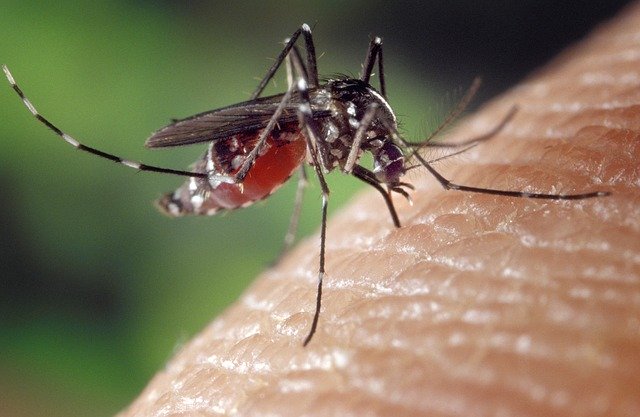The study has shown that female mosquitoes are able to distinguish flavors in the blood that humans do not feel and for this reason some people are more likely to suffer the bites of this insect.
Mosquitoes have two feeding modes. With one they feed on nectar and the other on blood. For the latter, they use their tongue which is similar to a syringe with which they pierce the skin.
According to a study published in the scientific journal Neuron, mosquitoes feel the sweet and salty taste of human blood and its intensity varies according to the organism. That’s why some people are more likely to get bites than others.
The study was carried out on Aedes aegypti mosquitoes by which they were able to verify that the taste of the blood is integrated into the taste qualities and subsets of neurons in the tongue of the mosquito that has a high sensitivity to glucose.
To examine, researchers had to genetically modify mosquitoes in such a way that instead of blood, they were fed glucose, sodium chloride, baking soda and adenosine triphosphate or ATP.
“ATP is a special mysterious material that tastes nothing to humans. But it has to be incredibly exciting and rewarding for the mosquito,” researcher Leslie Vosshall said in a statement.
“ATP is this special mystery stuff that tastes like nothing to humans. But it’s got to be incredibly exciting and rewarding for the mosquito,” researcher Leslie Vosshall said in a statement.
By modifying, researchers were able to give insects a fluorescent glow. This allowed seeing when a particular nerve cell was activated and its reaction through the lighting when trying different foods.
The experiment was conducted with the aim of creating a drug to prevent mosquitoes from feeding on blood. According to the research team, if mosquitoes could not detect the taste of blood, they would theoretically not be able to transmit disease.
Bloodsucking insects can transmit diseases such as malaria, dengue and yellow fever and are responsible for at least 500,000 deaths yearly. Only females feed blood and use it as sustenance for the development of their eggs.
